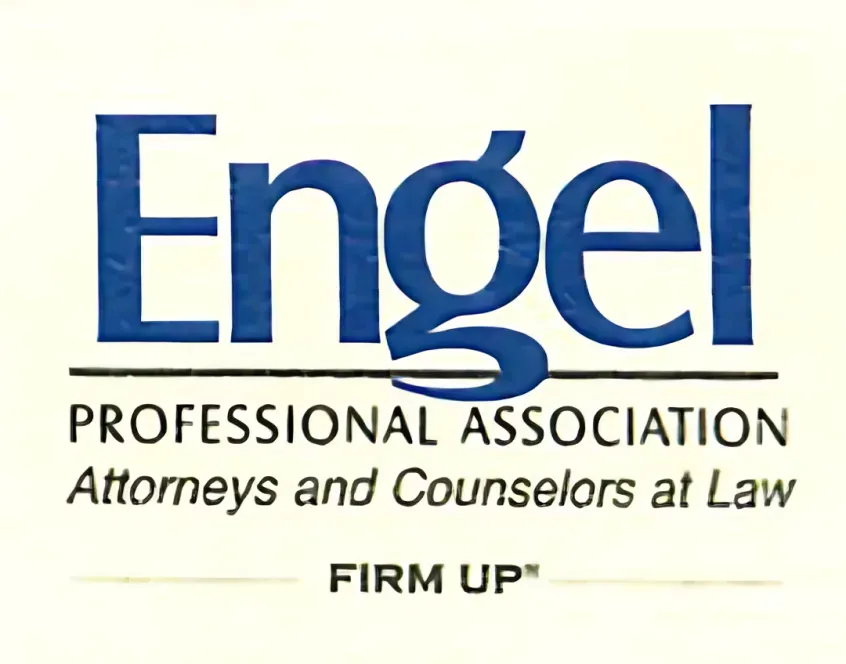5 Estate Planning Mistakes Minnesotans & Wisconsinites Often Make
Ken Engel
Estate Planning Isn’t Just for the Wealthy—It’s for Everyone
Estate planning is often misunderstood. Many people think it’s something they can put off—or something only high-net-worth families need. The truth? If you have property, assets, dependents, or simply want to decide how things should be handled after you’re gone, estate planning is for you.
Unfortunately, Minnesotans and Wisconsinites often fall into the same traps—leading to confusion, court involvement, or even legal disputes among heirs. Here are five of the most common mistakes we see, and how you can avoid them.
1. Not Having an Estate Plan at All
The most serious mistake is not creating a plan in the first place. Without a will, trust, or power of attorney, decisions about your assets, dependents, and medical care may be made by the courts—not by you or your family.
The result:
- Potential delays in probate
- Assets distributed according to state law, not your wishes
- Loved ones left uncertain during an already difficult time
Creating even a basic estate plan ensures your voice is heard—even when you’re no longer able to speak.
2. Failing to Review & Update Documents
Life moves fast—marriages, divorces, births, deaths, property sales—but many people never update their estate plans to reflect those changes. Outdated documents can name the wrong beneficiaries or executors, or fail to account for major shifts in your life.
Best practice:
- Review your estate plan every 3–5 years
- Update immediately after significant life events
- Make sure your will, trust, and beneficiary designations are aligned
3. Ambiguous Language or Poor Drafting
Vague instructions or DIY estate planning kits often create more problems than they solve. Without clear language and contingency planning, even a “simple” will can lead to costly litigation.
Watch for:
- Unclear asset distribution (e.g., “everything to my children” without defining terms)
- Lack of alternate beneficiaries
- No instructions for guardianship, debt handling, or digital assets
Estate planning is not one-size-fits-all. Precision matters—especially when emotions are high.
4. Overlooking State-Specific Legal Requirements
Estate and probate laws vary by state. What works in one state may not be valid in another. Minnesota and Wisconsin each have unique statutes, deadlines, and procedural requirements for wills, trusts, probate filings, and executor duties.
Common legal gaps include:
- Improperly witnessed or notarized wills
- Assets not titled to reflect the trust
- Executors unaware of filing deadlines
Working with a local attorney helps ensure compliance—and prevents complications that slow down estate settlement.
5. Not Planning for Incapacity or Disability
Estate planning isn’t only about death—it’s about protecting yourself while you’re alive. If you become incapacitated due to illness or injury, who will manage your finances? Make your medical decisions? Care for your dependents?
Essential documents include:
- Financial Power of Attorney
- Health Care Directive or Living Will
- HIPAA Authorization
- Guardianship Instructions (if applicable)
These aren’t just helpful—they’re critical for protecting your autonomy and easing the burden on your loved ones.
Local Estate Planning Tips for Minnesotans & Wisconsinites
- Work with an estate planning attorney familiar with Minnesota or Wisconsin probate law
- Keep all documents stored securely, and share access instructions with trusted individuals
- Align all account and insurance beneficiaries with your legal documents
- Don’t rely solely on online forms—every situation deserves personalized legal care
Want to Secure Your Legacy? Let’s Make a Plan.
Estate planning isn’t just a legal task—it’s peace of mind for your family and future. At Engel Professional Association, we work with individuals and families across Minneapolis, St. Paul, Madison, and surrounding communities to build estate plans that hold up when it matters most.
Whether you need to start from scratch or review an old plan, we're here to help. Call Us Now: (612) 343-4555
